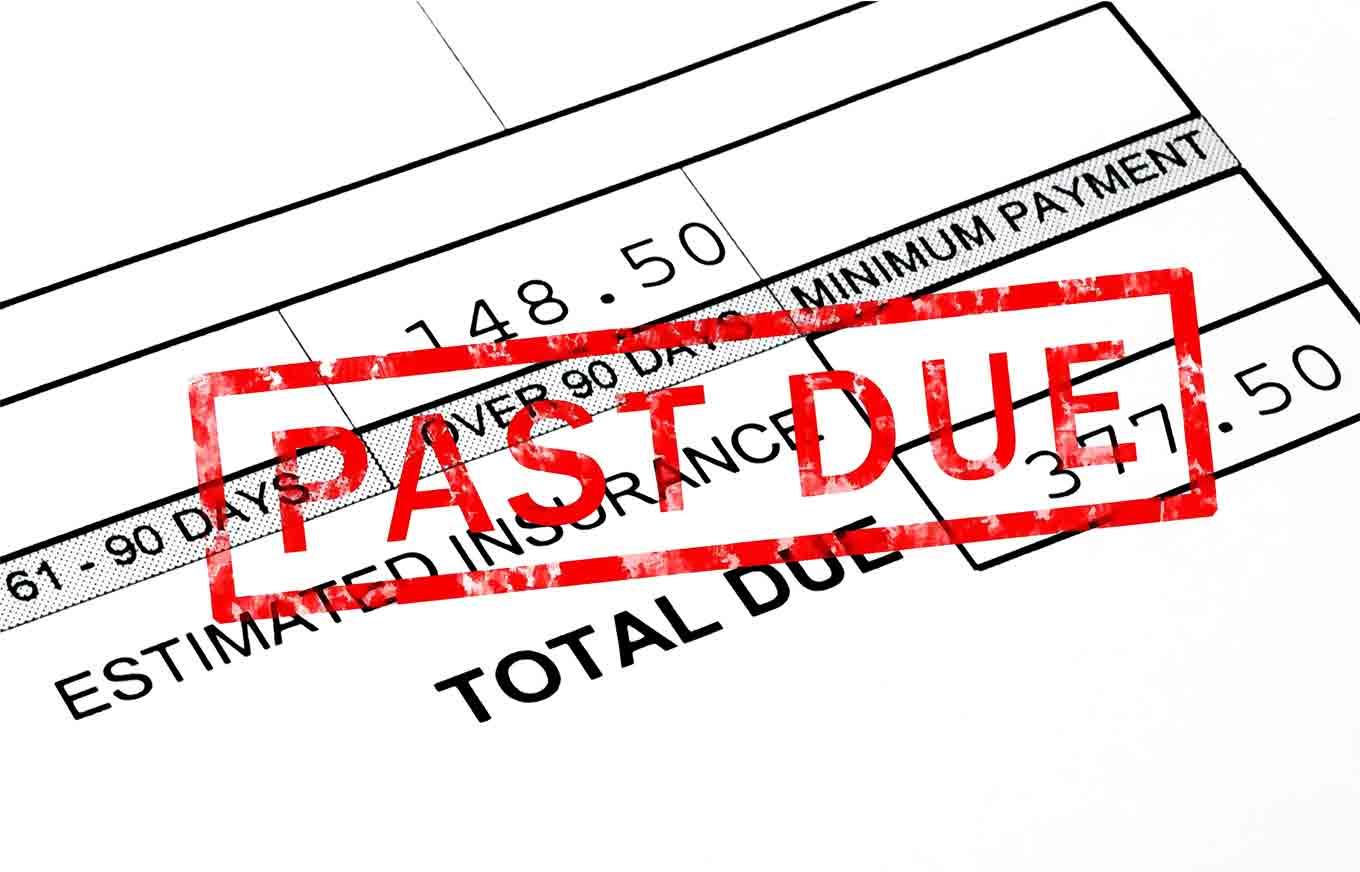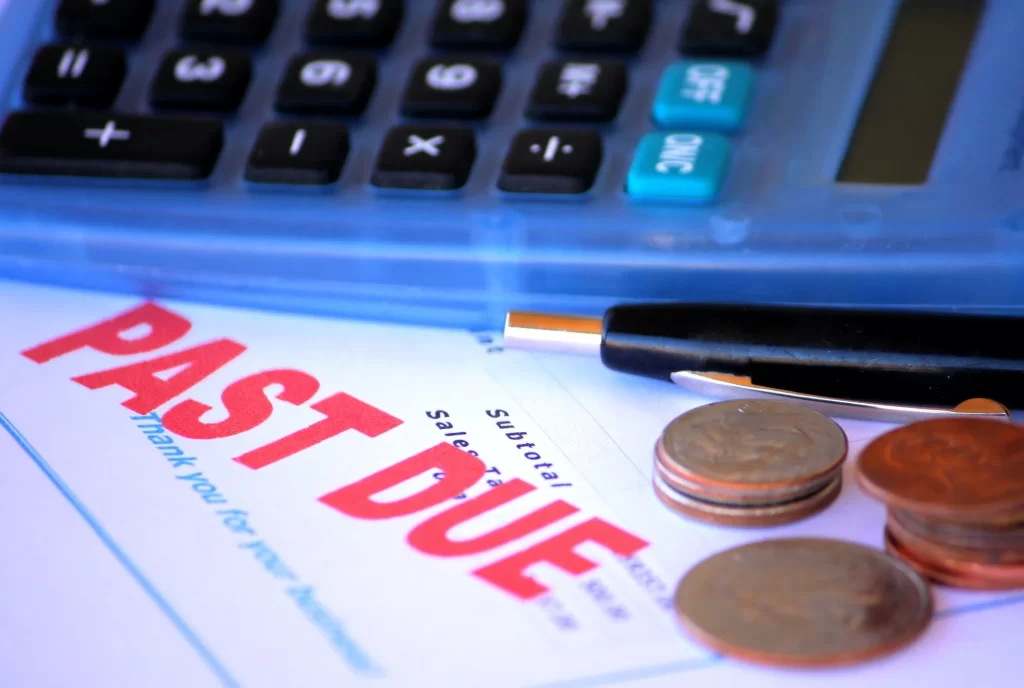In 2023 it was reported that over 30% of Americans have an account that has recently gone to collections and that the average debt per person is a little over $9,000. Normally, when you hear that an account has gone to collections, you expect phone calls from unknown numbers asking to settle a debt and a negative mark on your credit report. In today’s blog, we will go over the full life cycle of a collections account, when it falls off and when you should pay off the debt.
A Collection is Born 
After the Covid 19 pandemic, national credit card debt rose to an all-time high as consumers had to utilize any means available to stay afloat in an unprecedented time. Naturally, those who were unable to keep up with the debt accrued from utilizing their credit cards were faced with late payments and accounts going into collections. Normally, a lender will hold onto an unpaid debt from anywhere to 30-180 days before writing off the debt and taking the loan as a loss. At that point, the debt is sold to a collection’s agency and the debt is set as a “charge-off”. When it comes to an original creditor, they are not likely to wish to negotiate the debt and normally acquire more money from a collections company to help “pad” the loss.
Collections Companies Holding Your Debt; What to Expect
Once the debt has been sold off to the collections company, they will report the item to the major credit bureaus which will add a negative mark to your report. Once the item has been sold to the collections company, you will receive either a call or mail stating the change in ownership of the debt to the new company. At this point the collections company will attempt to pursue collection of the debt through either a reduced price or an adjusted rate. Debt collectors cannot legally charge interest fees on your debt or attempt to threaten you into paying the amount due to the statute of limitations.
Collections Falloff
After an unpaid debt is sold to a collections company, a few things can happen;
- The debt can continue to be collected through said collections company or it can be sold to a different collections company down the line and written off as a loss with the previous one.
- The item will be listed on your credit report and continue to weigh down your score until its falloff date.
Once the collection has expired through lack of activity or payment, the item will fall off of your credit report withing 7-10 years depending on the item. Even though the item is no longer affecting your credit report, the debt is not simply erased. Depending on limits of liability from owning the debt, debt collections may still be able to attempt to collect or attempt to file a case against you to either sue you or garnish your wages. Before contacting a debt, collector and trying to deal with a debt yourself, it is highly recommended that you speak with an attorney about the best course of action.
In many cases, consumers believe that if they pay off the debt then the item will be removed from the credit report, and they are in the clear. What many consumers don’t know is that if a collection is simply paid without any sort of written/ binging agreement stating that the item will be removed from the report after payment, the last date of activity on the account will essentially refresh the items life span and it will stay on your report for the full 7-10 years from that date.
What Do I Do with a Debt that is in Collections?
Our recommended course of action when it comes to dealing with a debt in collection is to speak with a seasoned professional or licensed attorney regarding the best course of action. Here at Credit Law Center, our team is ready and willing to review your report with you and provide a free consultation on how to deal with the collection account. With debt negotiation, pay for deletion and general credit repair services, Credit Law Center has you covered with a team of dedicated advisers and a legal team ready to work for you and help get you back on the road to better credit.

